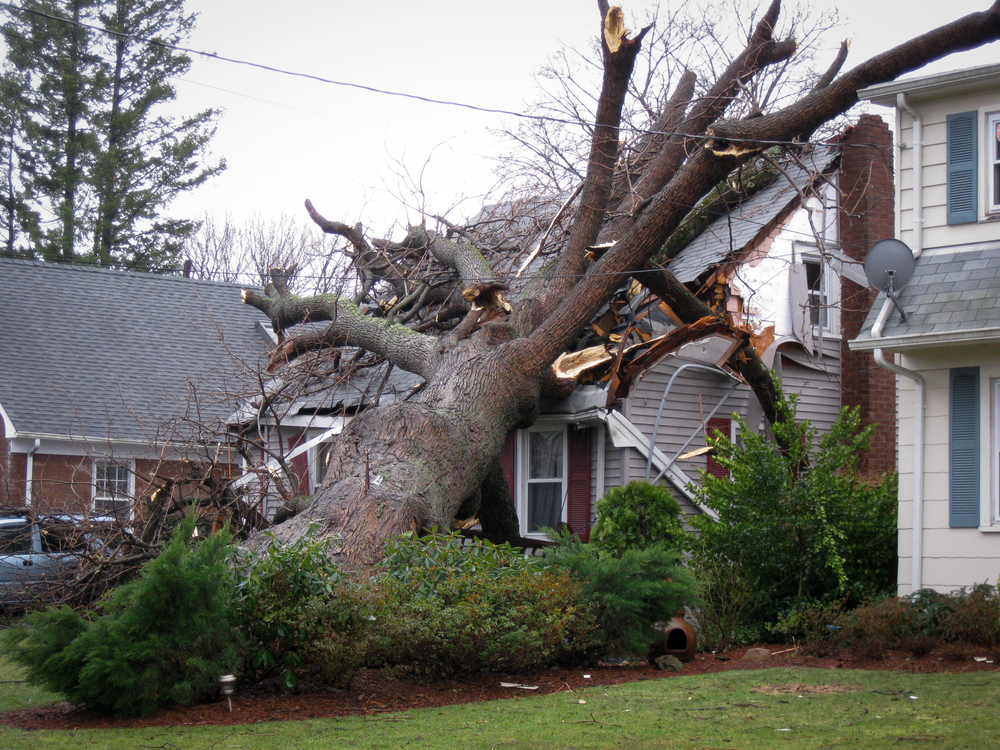What's NOT Covered in a Typical Homeowners Policy?
For most people, homeowner’s insurance is all about protecting you from the unexpected. Understanding how your coverage works can offer an outstanding amount of peace of mind. However, you also need to understand what your homeowner’s insurance does not cover, so you know how best to protect yourself from these events as well. If you’re uncertain of the answer to the question, “What does homeowners insurance cover and not cover?” You need to work with a trusted insurance agency to get the answers you seek.
What Isn't Usually Covered By Homeowners Insurance?
While many people are focused solely on the question, “What do homeowners' policies cover?” You also need to ask, “What does homeowners’ insurance not cover?” to get the full coverage and complete protection the average homeowner desires and expects from your coverage. It is only when you understand specific exclusions that you can begin taking steps to get the protection you require. These are a few common exclusions for most homeowner’s insurance policies you’ll want to prepare for.
Natural Disasters
Most homeowner's policies do cover a wide range of natural disasters. Unfortunately, that doesn’t translate to all-natural disasters. For instance, the following disasters are usually included in your insurance protection:
- Lightning
- Thunderstorms
- Hurricanes
- Hail
The insurance protection for these types of natural disasters offers coverage not only for the damage caused to your home by the disasters but also offers coverage for your personal belongings (clothing, furniture, household goods, etc.) that are damaged or destroyed by the disaster as well as additional living expenses if you need to rent a home or hotel room while your home remains unlivable.
As far as the types of natural disasters that are not covered by your homeowner’s insurance policy, those that involve earth movements, such as earthquakes, landslides, sinkholes, etc. are usually not covered. Obviously, these risks are greater in some states than others. While it isn’t exactly possible for everyone to move to minimize their risks, there are steps you can take to reduce your financial exposure should one of these types of events occur. One such option is to purchase an endorsement or “add-on” policy specifically for each type of damage to your home. Another option that may be available is known as “Difference in condition” protection, which protects against various earth movement events. However, most policies require separate protection for flood and earthquake damage, specifically.
Floods
Flood protection is a little trickier when it comes to insurance protection. Most policies do offer some protection against water damage resulting from interior problems, such as leaking pipes, overflowing toilets, etc. However, when water damage is caused by external forces, it is a different story. Common external flooding factors include the following types of events:
- Sewer backups
- Flash floods
- Rising rivers
- Tidal flooding/storm surge
- Melting ice and snow
- Dams bursting
It is true that some flooding damage is preventable. However, this isn’t always the case. More importantly, these types of flooding damage are wildly unpredictable. Even areas that have never experienced flooding before, can experience massive, widespread flooding when the conditions are right.
Arnold Insurance can help you understand the different types of flooding damage that can occur and help you find the right flood insurance protection to offer peace of mind for your home, your business, and your family.
Mold
Mold is another tricky issue to deal with for homeowners. Most insurance policies are particular about whether or not they will cover mold infestations based on the underlying cause of the mold. Long-term leaks, poor maintenance, and naturally occurring flooding that precipitates mold, for instance, are not typically covered by your homeowner’s insurance.
On the other hand, when mold results from unexpected problems, such as a sudden plumbing leak, a pipe bursting, and similar occurrences, there is a good chance your insurance will cover the problem. The key is to practice preventative maintenance in your home and guard against potential mold problems when possible. Additionally, you’ll want to address sudden mold problems promptly with your insurance provider.
Pests
Pests are aptly named. They can cause extensive destruction to your home and personal property in a short amount of time. Unfortunately, most homeowners insurance policies do not provide protection against damage caused by rodents, termites, insects, and other animals in your home. Termite and rodent infestations, for instance, are considered preventable and may be addressed through proper home maintenance.
Despite this, there are instances where your homeowner’s policy may provide protection against damage caused by pests. One such instance is when covered perils occur because of pests in your home. For instance, if rats chew your wiring, resulting in an electrical fire, the damage may be covered. Work closely with a trusted insurance agency, like Arnold Insurance, to learn more about pests, prevention, and insurance protection that is available to help.
While there is no single action you can take to protect your home against every potential disaster, knowing the types of problems most homeowners’ insurance policies do not cover can help you make wiser choices when it comes to protecting your home, your possessions, and your family. The team of professionals at Arnold Insurance is here to help you get answers to your questions about your homeowner's insurance protection and steps you can take to further mitigate your risks in light of various exclusions. Contact us today to learn more.





